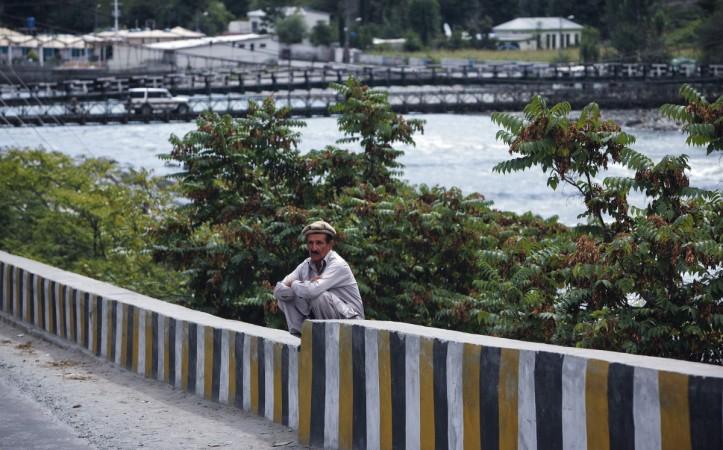
Pakistan has taken a hard stance on the Indus Waters Treaty (IWT) — in which India and the World Bank are its co-signees — and this step could affect the chances of bilateral talks between the two countries. The World Bank recently paused arbitration between the two countries over two dams being built by India, and asked the governments "to consider alternative ways" to solve this problem.
Signed in 1960, the IWT gave India control over the waters of Beas, Ravi and Sutlej, while Pakistan got control of Indus, Chenab and Jhelum. While India decided recently to make use of the full share of water it has been allocated as part of the treaty, Pakistan has now said it will not accept any changes in the provisions of the IWT.
Also read: India exploring option of using Indus Waters Treaty against Pakistan
Pakistan Prime Minister Nawaz Sharif's special assistant Tariq Fatemi was quoted by Dawn saying on Friday: "Pakistan will not accept any modifications or changes to the provisions of the Indus Waters Treaty. Our position is based on the principles enshrined in the treaty. And the treaty must be honoured in...letter and spirit."
This is in reply to India's External Affairs Ministry spokesperson Vikas Swarup, who had said a few days ago: "India has always believed that the implementation of the Indus Waters Treaty, which includes the redressal of the technical questions and differences, should be done bilaterally between India and Pakistan. We believe that these consultations should be given adequate time."
Effect on bilateral talks
The current snub by Pakistan could affect the chances of bilateral talks between India and Pakistan. India has already cornered Pakistan on the world stage on the topic of terrorism, with Pakistan trying its level best to now prove to world powers that it is trying to do everything in its power to convince the world that it is talking to India and acting against internal terrorist threats. However, this snub could prompt India to further delay talks with Pakistan.















